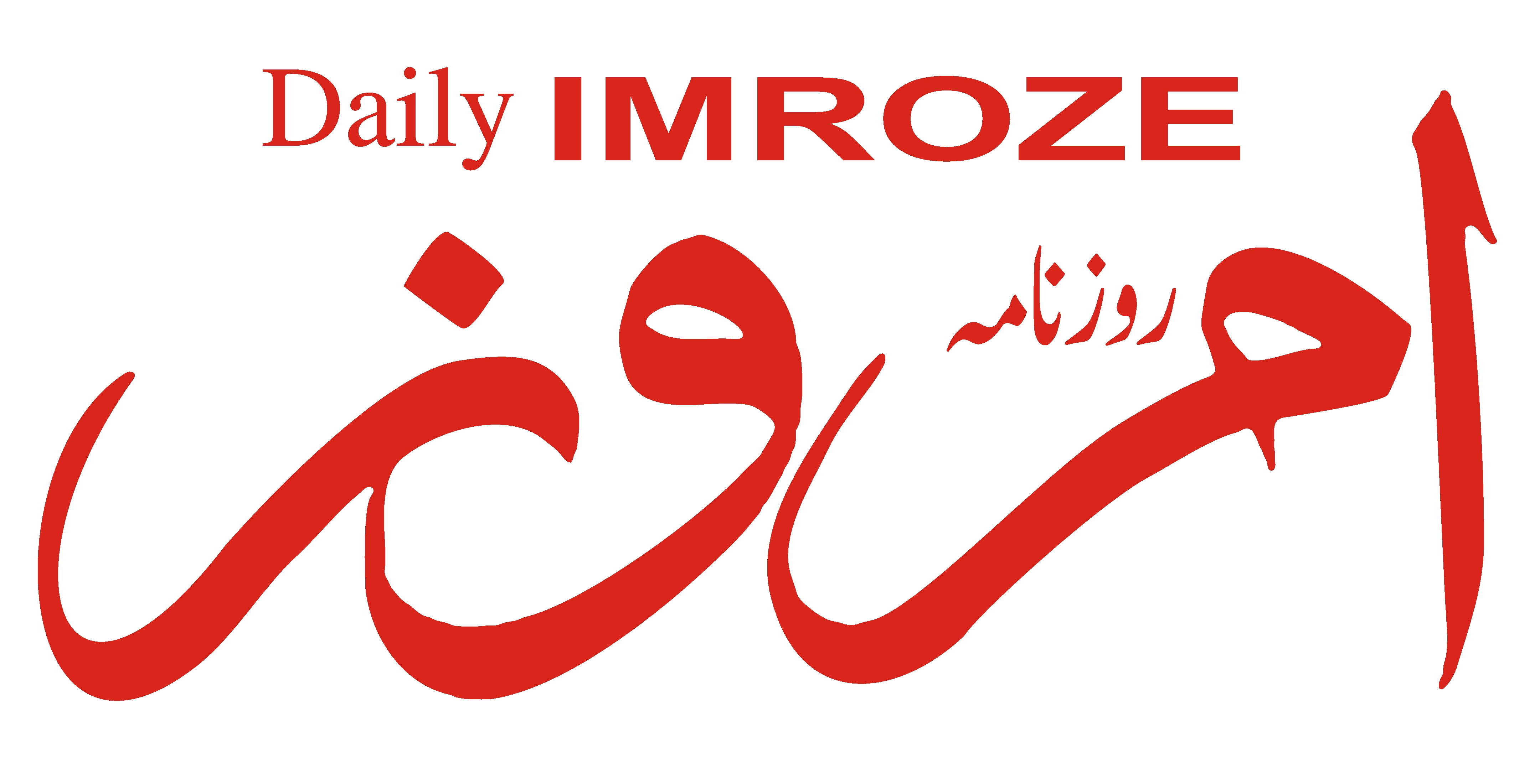 Islamabad : Integrating mathematical modeling and simulation in research could aide formulate climate change related policies at national and international levels to better deal with changing climate conditions. Such recommendations constituted the core of the deliberations of an international webinar of the Commission on Science and Technology for Sustainable Development in the South (COMSATS) held within the framework of Sustainable Development Goal 13 (SDG13 – Climate Action) titled: “Modeling and simulation on climate change and environmental pollution: Strengthening resilience in the Global South”
Islamabad : Integrating mathematical modeling and simulation in research could aide formulate climate change related policies at national and international levels to better deal with changing climate conditions. Such recommendations constituted the core of the deliberations of an international webinar of the Commission on Science and Technology for Sustainable Development in the South (COMSATS) held within the framework of Sustainable Development Goal 13 (SDG13 – Climate Action) titled: “Modeling and simulation on climate change and environmental pollution: Strengthening resilience in the Global South”
Organized by COMSATS Centre for Climate and Sustainability (CCCS), the event brought together intellectual inputs, ideas, experience, best practices and policy advice from Ghana, Iran, Nigeria, Pakistan, and Turkey. The event was held in collaboration with its Centre of Excellence on mathematical sciences, modelling and simulation – the National Mathematical Centre (NMC), Nigeria.
Moderated by Mr. Bilal Anwar, General Manager, Commonwealth Climate Finance Hub, the webinar highlighted the role of modelling and simulations in evidence-based knowledge to formulate policies and legislation to help reduce carbon emissions and increasing adaptation efforts in the Global South.
Addressing at this occasion, Dr. S.M. Junaid Zaidi, said that Commission through continuous support of the Chairperson of the Commission—- President of Ghana, who has been keen for development of Science and Technology, not in Ghana but all also in members states of the Commission having its membership for 27 countries from three continents including Africa, Asian and Latin America.
Mutlistakeholder partnerships, integrated approaches, mitigation and adaption strategies were recognized as the need of the hour to overcome the impacts of climate change in the Global South in terms of floods, heat waves, food security and extreme weather conditions.




